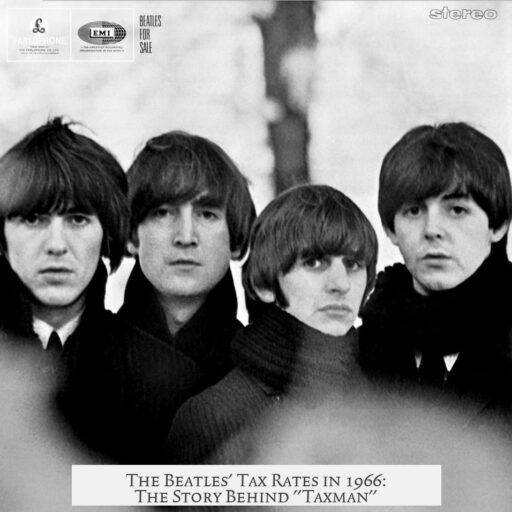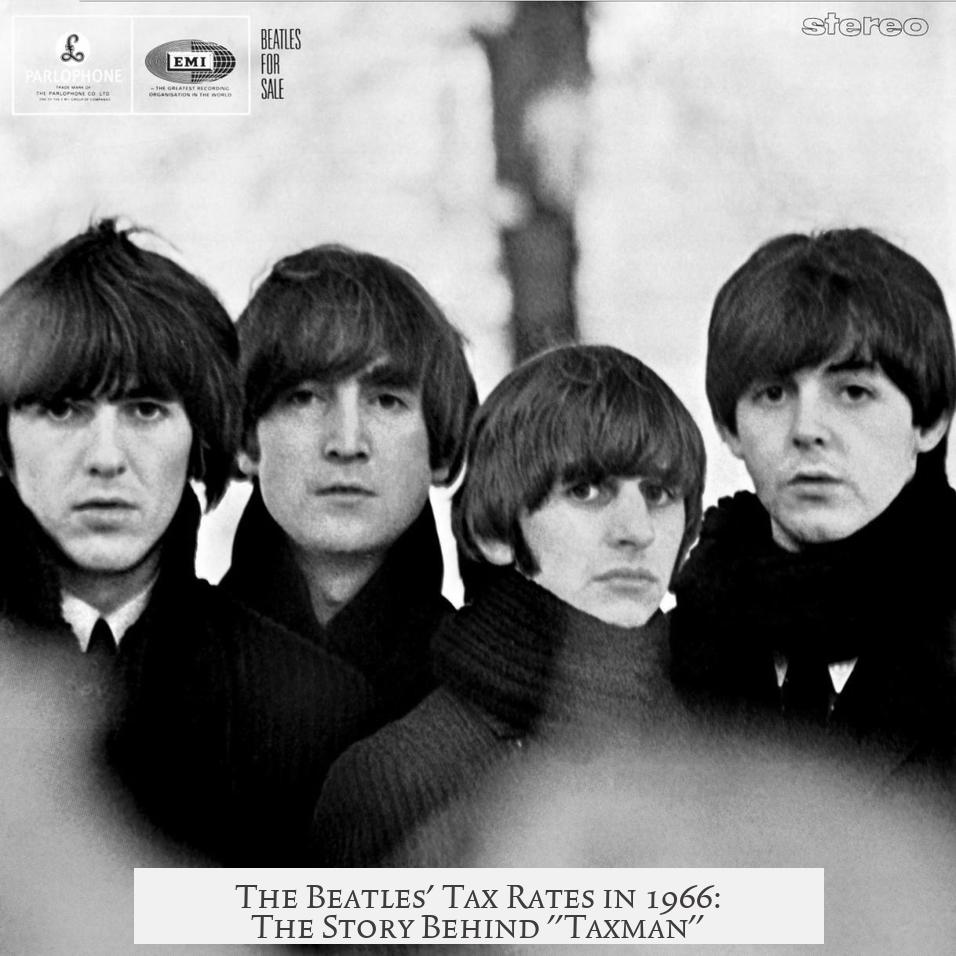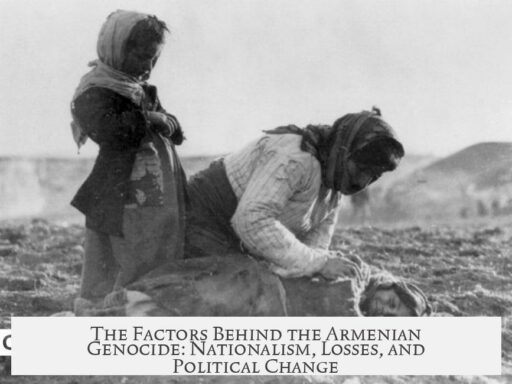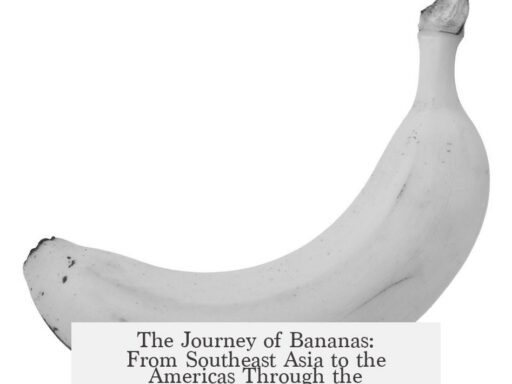The Beatles were subject to extremely high tax rates in Britain during 1966, but they effectively paid significantly less than the headline rates due to savvy financial strategies. At that time, top earners faced an 83% marginal income tax rate, and a surtax on very high incomes pushed the tax burden close to 95%. However, by 1966, when the Beatles wrote “Taxman,” they were no longer directly paying these top marginal rates on all their income.
The key reason is their use of corporate structures to manage their earnings. John Lennon and Paul McCartney established Northern Songs, a company listed on the stock market, to hold their publishing rights. This move allowed them to benefit from lower taxation on capital gains and dividends, which were taxed at around 30%, rather than the top marginal income rates.
Following their model, George Harrison founded Harrissongs and Ringo Starr created Startling Music. These companies did not only help reduce tax liabilities but also gave them more control over promoting their songs. Their accountants played a crucial role, expertly navigating complex tax laws and finding legal ways to minimize tax payments.
Therefore, although the “Taxman” lyric refers to the punishing tax rates reaching 95%, the actual tax paid by the Beatles was much less than that figure. Their approach was typical among successful artists and entrepreneurs in the UK at that time.
The Beatles’ tax situation was similar to other British bands like the Kinks, who also faced the same tax environment when writing songs like “Sunny Afternoon.”
| Aspect | Detail |
|---|---|
| Marginal Income Tax Rate (Top) | 83% |
| Surtax on Very High Earners | Up to ~95% |
| Capital Gains Tax Rate | ~30% |
| Tax Reduction Strategy | Use of publishing companies and professional accountants |
- The Beatles faced headline tax rates up to 95% but did not pay this directly on all income.
- Forming music publishing companies helped lower their effective tax rate.
- Capital gains and dividends were taxed at about 30%, much less than income tax.
- Professional accountants ensured maximal legal tax minimization.
- Other artists in Britain faced comparable tax pressures and strategies.
How Much Tax Were the Beatles Actually Paying When They Wrote the Song “Taxman” in 1966?
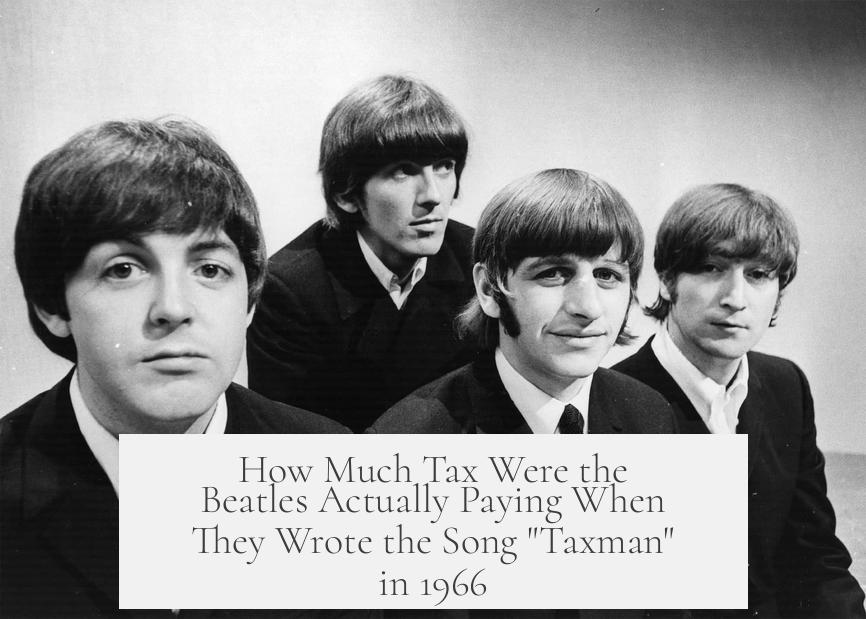
First off, the Beatles’ song “Taxman” is often remembered as a sharp jab at Britain’s tax system in the 1960s. But the big question is: how much tax were they actually paying when they wrote it in 1966? Let’s pull back the curtain and dive into the real numbers behind the scene.
By the mid-60s, Britain had a famously harsh tax system for high earners. The highest income bracket faced a jaw-dropping marginal tax rate of 83%. But wait, it gets worse. For very high earners, there was a surtax—an extra tax layer—that pushed the top marginal rate to around 95%. That’s nearly the whole paycheck, leaving just a sliver for yourself!
So, yeah, taxes were a beast. But does that mean the Beatles were paying a straight 95% bite on their income? Not exactly.
By the time “Taxman” hit the airwaves in 1966, the Beatles weren’t fully engulfed by those sky-high rates. Their tax hit was complex, and savvy financial maneuvers lowered their effective tax burden.
How the Beatles Beats the Taxman
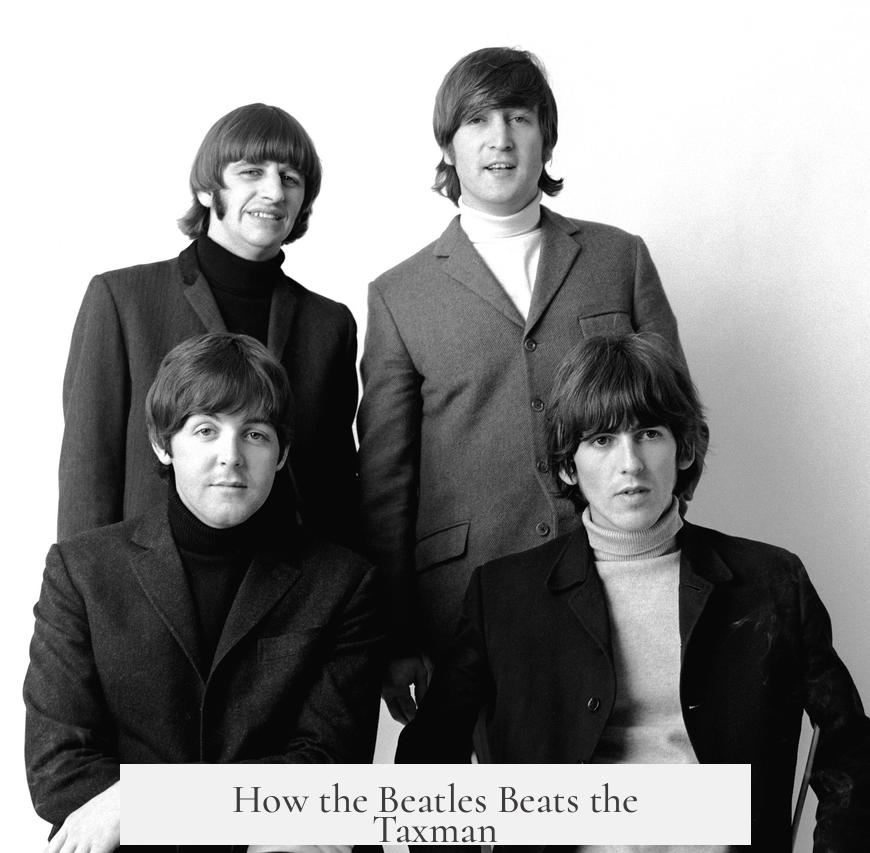
Paul McCartney and John Lennon cleverly founded their own company, Northern Songs, which handled the publishing and royalties of their music. This savvy move was more than a business venture—it was a tax strategy. Instead of taking all their earnings as direct income (and getting roasted at nearly 95%), earnings channeled through the company faced different tax rules, including capital gains tax.
Speaking of capital gains tax, back in that era, profits from selling assets or shares were taxed at a more modest 30% rate. Quite the contrast, right? So the Beatles funneled money through companies, partly to escape the brutal high rates on ordinary income, and partly to benefit from the lower capital gains tax.
George Harrison and Ringo Starr followed suit soon after. Harrison founded Harrissongs, and Starr founded Startling Music. These ventures helped them not only lower tax bills but also better control and promote their songwriting royalties.
Tax Wizards Behind the Curtain
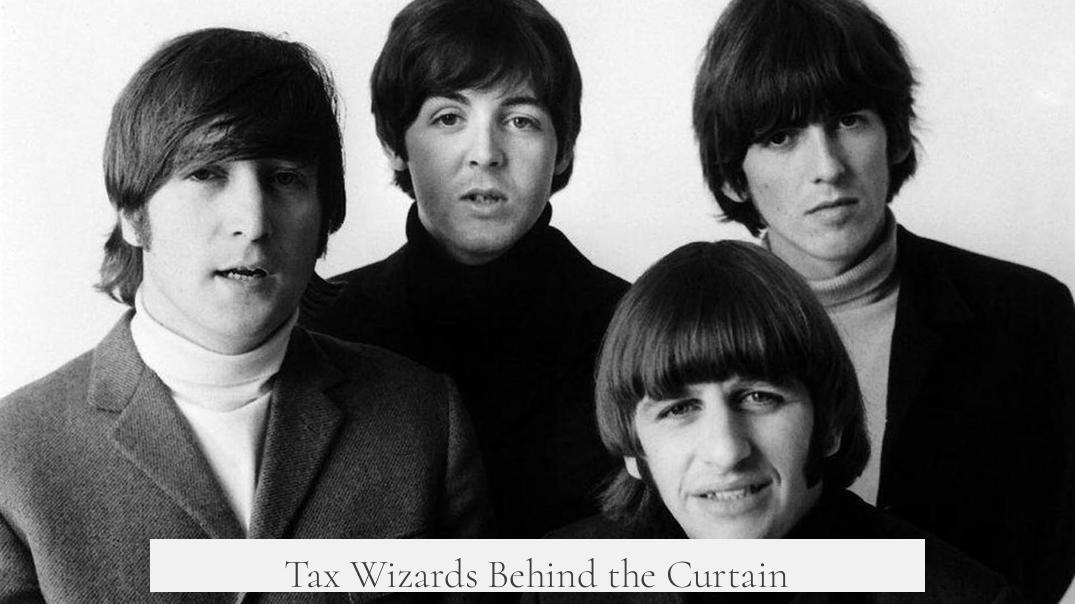
Of course, it wasn’t just about forming companies. Like every wealthy individual, they had expert accountants and lawyers crafting intricate strategies to minimize taxes. These professionals worked tirelessly to ensure the taxman took the smallest slice possible. You’ve got to admire the teamwork behind the scenes!
So, the Beatles weren’t exactly handing over a 95% slice, but their tax rate was still steep by modern standards. Effective tax rates on their income varied, but thanks to smart planning, they avoided the worst-case scenarios.
Are the Beatles Unique in This?
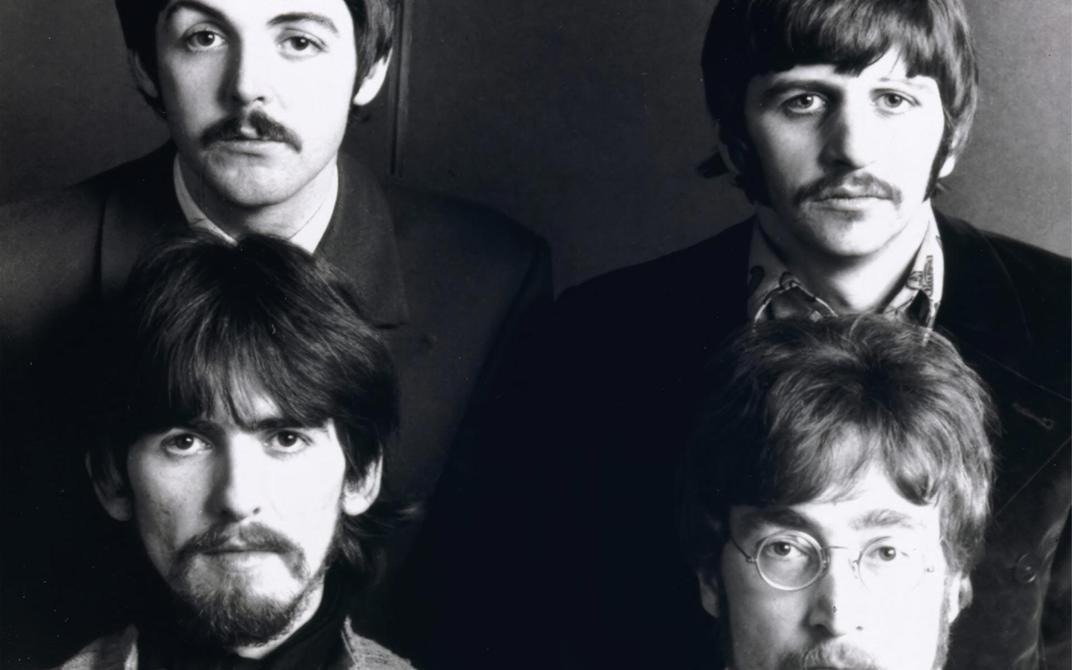
Curious about their peers? Consider The Kinks, who wrote “Sunny Afternoon,” another song famously referencing taxes. They were in the same English tax environment—so it’s likely they faced similar tax burdens. Both bands operated in a tax world where the government’s take was massive but smart structuring softened the blow.
Compared with global stars today, back then, the tax noose was tighter. But these British bands played the system well.
So, How Much Tax Were the Beatles Actually Paying?
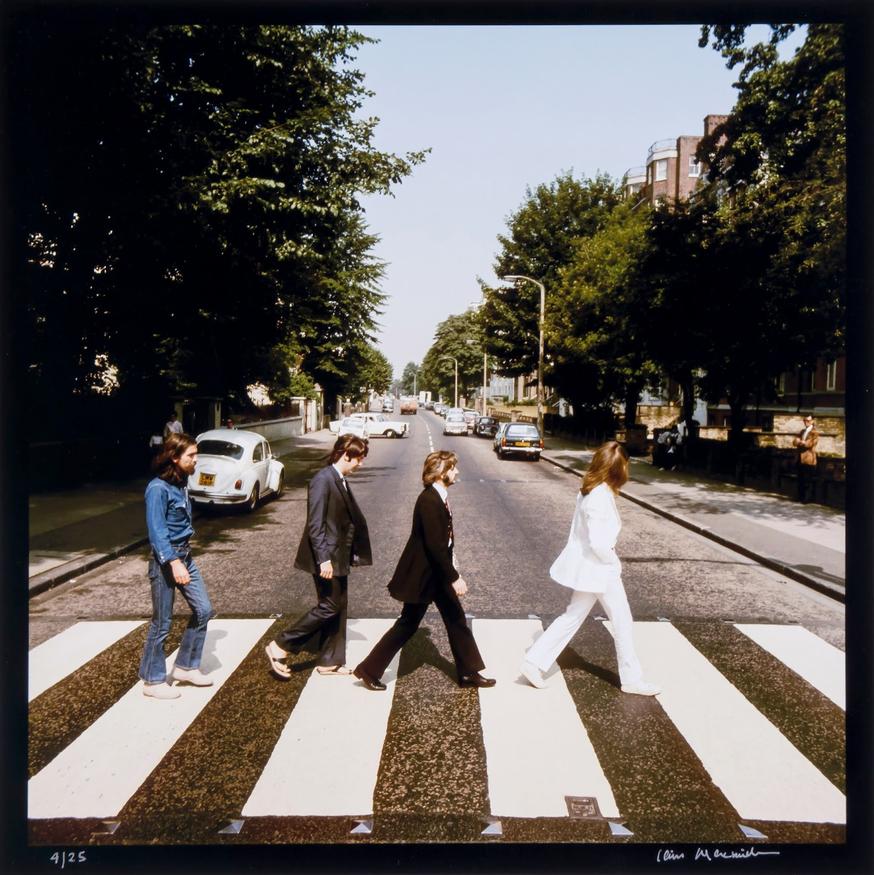
In reality, while the headlines screamed ‘95% tax’, the Beatles’ effective tax rate was a lot lower thanks to companies like Northern Songs, capital gains tax advantages, and savvy accountants. They paid less than the top marginal rates—probably closer to 60-70% in real dollars, sometimes even less depending on how income was channeled.
Still high, yes, but not quite the grim doom the 95% suggests.
Practical Lessons: Why Does This Matter?
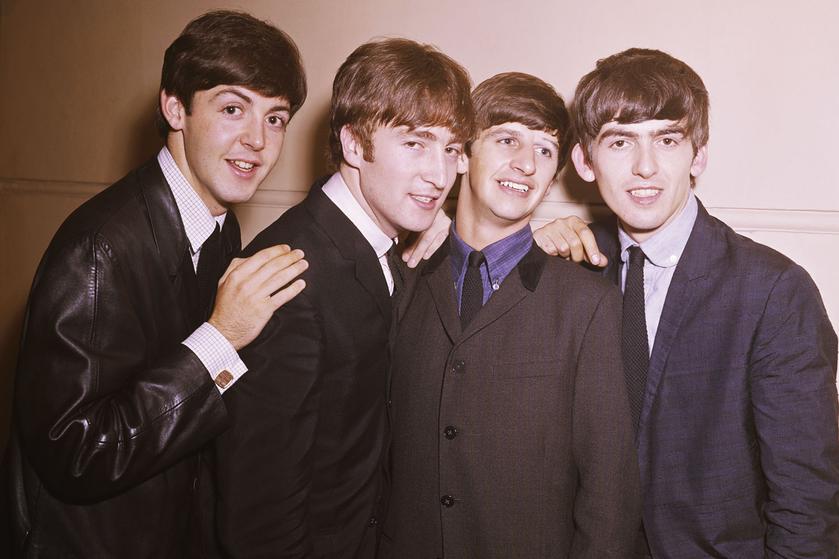
Why should you care about the Beatles’ taxes from almost 60 years ago? For one, it’s a lesson in smart financial planning. If mega-famous rock stars can’t face brutal tax rates head-on, they get creative. You might not have a super rock band’s empire, but there’s wisdom here:
- Using business entities wisely can impact how much tax you pay.
- Understanding capital gains rates vs income tax rates really matters.
- Professional advice can be a valuable investment to keep more of your cash.
What About Today’s Tax Scene?
It’s tempting to think those wild 1960s tax rates were a thing of the past. But tax complexity hasn’t disappeared; it’s just taken new forms globally. Today’s top earners still seek ways to minimize taxes—though loopholes and rates differ.
So next time you hear “Taxman” blasting on your playlist, remember: behind those catchy lyrics is a story of clever tax avoidance in one of the highest tax-rate eras the UK has ever seen. The Beatles weren’t just fighting the taxman with music—they fought smart with money.
“If you take a little tax off the top, it’ll take a little longer for them to get to you.” — Paraphrased Beatles Financial Wisdom
Feeling inspired to review your own financial game? Maybe don’t start with a rock band, but definitely keep your eyes open for ways smart planning can make a big difference.
